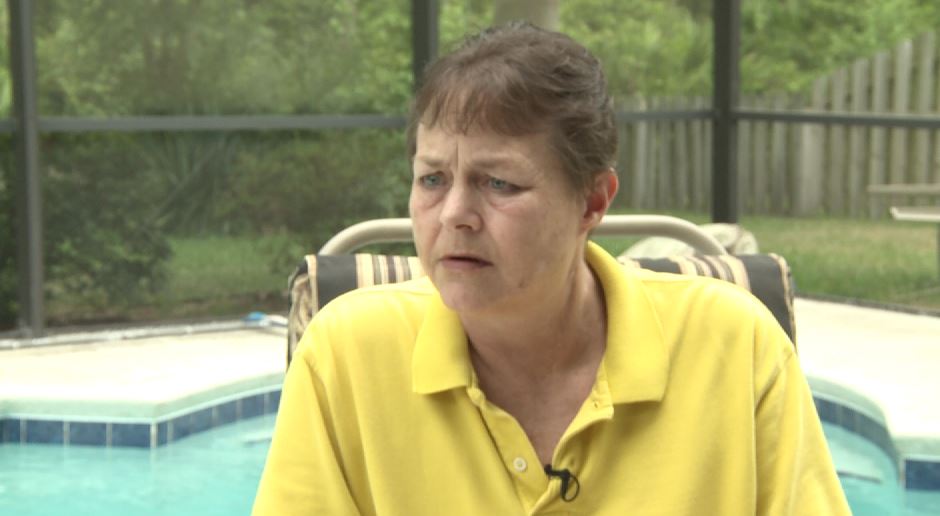JACKSONVILLE, Fla. — For the past several weeks, First Coast News has been reporting on allegations of widespread structural defects claims in the Bartram Springs community in south Jacksonville.
Now, the only homeowner permitted to bring those claims into open court – instead of secret arbitration proceedings – has suffered a resounding defeat.
The 1st District Court of Appeals in Tallahassee reversed a lower court judge who had awarded the homeowner $1.16 million, plus attorneys' fees. The opinion, issued in late May, leaves homeowner Carol Ecos with a house in shambles – and no money to fix it.
The company that built the home and hundreds of others in Bartram Springs, previously admitted construction negligence in her case, and paid Ecos $200,000 to repair it. But much of that went to pay legal fees in a battle that has lasted nearly 10 years. And much of the structural testing needed as evidence in court could not be repaired until the case's conclusion.
The result is that Ecos is living in a house with failing stucco on the outside, walls that her lawyer compares to Swiss cheese, and structural defects that could compromise the roof in as little as a 66.8 mile per hour wind.
The DCA ruling is based on parsing the statute that deals with unlicensed contracting. The lower court judge determined that since Taylor Morrison admitted it built the home without the knowledge or permission of the person whose name appears on the building permit – and by definition that person didn't "direct, manage supervise and control" construction, as defined in the statute – the company was operating as an unlicensed contractor.
Taylor Morrison appealed that decision. At an April hearing, the three-judge appeals court panel was critical of Taylor Morrison. Noting the company obtained the building permit without the former employee's "knowledge or permission," one judge chided the company's attorney, "You don't have a very sympathetic client here."
But the judges ultimately decided that even though the company "may have violated the law," those violations were "irrelevant" to the claim that Taylor Morrison acted as an unlicensed contractor. The judges determined that the company merely needed to have a contractor or qualifying agent employed at the time the contract was signed – it did – and reversed the $1.16 million compensatory damage award from the lower court.
Carol Ecos was never under any illusion about the difficult legal challenge she faced. "When it first started, people that I knew in real estate business said don't do, because it you're never gonna win. They've got more money, they've got more lawyers."
Ecos says she feels "lied to, defrauded" by the experience. But her bigger concern is that the appeal court decision essentially codifies what the company claimed in testimony – that it's not necessary for the person who pulls and signs a home building permit to actually supervise construction. In fact, the company testified, a contractor can be blind – even live overseas – and still supervise a project.
"It's not so much they're screwing me personally over, but if they are building all these houses, or all houses in Florida and things are just not being done appropriately, something's gotta be done," says Ecos. "We need to do something about the laws, and hold someone accountable."
At least 122 homeowners in the Bartram Springs neighborhood are still fighting to recover costs for what they call widespread structural defects. Those cases are currently in secret arbitration proceedings.


